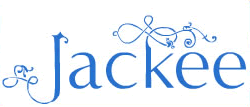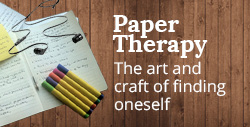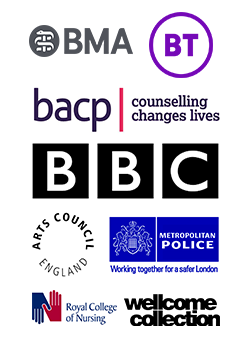The Value Of Journaling When Facing A Difficult Conversation

Fire Well: How To Fire Staff So They Thank You For It, is a new book published today by Sue Ingram. I’ve had the pleasure over the years of working with Sue in our respective roles as coaches and coach trainers.
Sue was one of my first coaches here in the UK and since then has gone on to carve out a niche in supporting and inspiring teams with sustainable tools and techniques which help in making those difficult conversations easier.
Sue has written this week’s guest blog post answering a question I posed to her about sharing with us how a journal can help with having those difficult conversations in the first place.
I’m just heading off to Sue’s book launch this evening for the new book Fire Well: How To Fire Staff Well So They Thank You published by ReThink Press which shows how difficult conversations can be easy, straightforward and generous to complete. So I’m looking forward to having an actual print copy in my hand.
In the meantime why not have a read of what Sue has to say about how journaling can make the process of having those difficult conversations easier.
Difficult conversations are tough, be that at work, at home or in our friendships. And the name does help; difficult conversations. It sets the expectation that this conversation is going to be difficult to complete and difficult to gain a positive outcome.
However, I believe they’re not difficult. Sure, they take time to plan and you need to take care in delivery, but actually they’re essential conversations to hold for the health of our relationships, self-esteem and very soul.
They’re also generous conversations to give to others as often people are in the dark about the difficulties they are contributing to and certainly cannot change and improve without someone caring enough to hold the conversation with them. You could change their life for the better in many ways. And journaling is a very valuable tool to help us say what needs to be said.
For a start, if you journal every day you can look back over your entries and notice whether a relationship is in trouble. Is there a pattern of you feeling negative and irritated whenever you meet them? Are you repeating yourself about difficulties you’re experiencing? This is a strong sign that, although no big, isolated incident has occurred, there’s something significantly wrong that needs addressing.
The next is the value of writing out exactly how you feel about the situation and the person. No-one else will read this piece so you can be very open, free and explicit in what your actual feelings are. In fact it is very important that you are. Your writing may include swear words, accusations and some very hard things that you would never directly say to any person. But it is extremely beneficial to express all of these emotions out in the safe space of your journal. From your explosion of writing you will gain three things.
- One calmness and a distance to be able to assess the situation from the outside looking in, you may learn something new or be able to join dots together.
- The second is the essential truth that needs to be communicated, just put in better and more polite language.
- And the third is a one sentence statement that sums up how you truthfully feel regarding the situation. People can dispute facts and interpretations but they can not dispute how you feel. Also if you introduce feelings into a conversation it allows the other party to share how they might be feeling which could start to explain a lot of things.
For the best chance of a positive outcome from such a conversation it is important be calm and objective throughout. And journaling will help you maintain this grounded state, continue to reflect upon your feelings, the message you want to communicate and, lastly, the most important of all, the outcome you are wanting to achieve.
For the best chances of success this should to be a positive win-win outcome for you both, even it if is to end the relationship as amicably as possible. Define this and hold this in your mind throughout the conversation and your chances of achieving such an outcome are greatly increased.

Sue Ingram has spent over 27 years working in HR and related fields. In 2000 she became one of the UK’s first Executive Coaches; she is an Honorary Teaching Fellow at Lancaster University where her workshop forms part of their International MBA program.
Her workshop, How to Fire Staff so They Thank You has been delivered to over a 1000 managers in the both the private and public sectors. Her company Converse Well was created in 2010 in order to train and support managers in managing their difficult staff.
Sue Ingram
+44 (0)7734 944515






Leave a Reply
By submitting a comment here you grant Jackee Holder a perpetual license to reproduce your words and name/web site in attribution. Inappropriate or irrelevant comments will be removed at an admin's discretion.